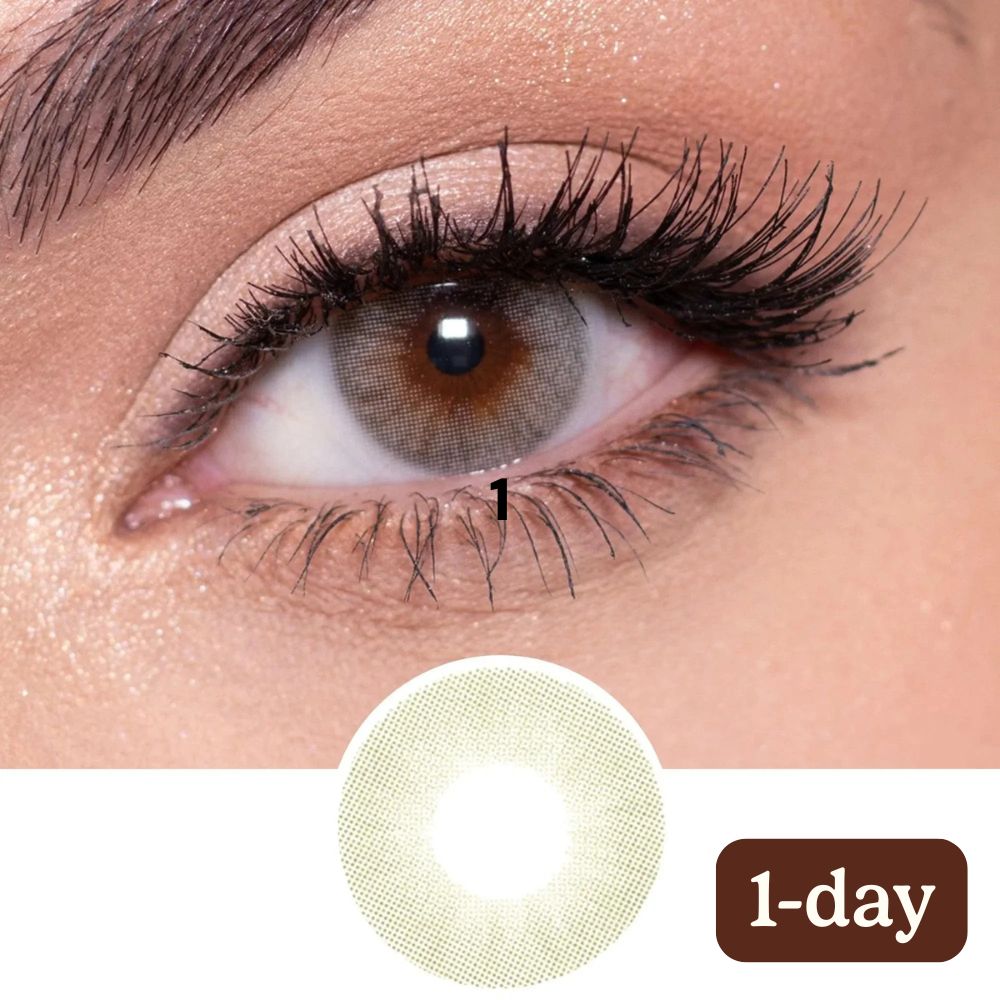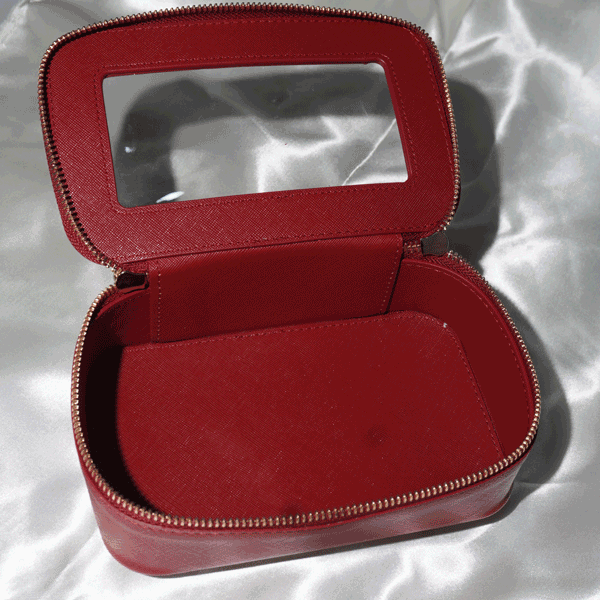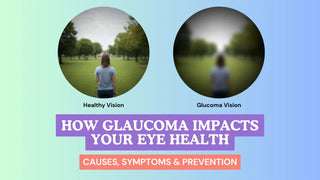What Are Polarized Sunglasses?
Polarized sunglasses are a type of eyewear specifically designed with special lenses containing a polarizing filter. This filter selectively blocks horizontally polarized light, significantly reducing glare from reflective surfaces such as water, snow, and roads. As a result, polarized sunglasses provide improved visual comfort and reduced eye strain, especially in bright sunlight.
How Do Polarized Sunglasses Work?
Polarized sunglasses work by filtering out horizontal light waves that cause glare. The polarizing filter in the lenses absorbs these light waves, allowing only vertically oriented light to pass through. This process reduces glare and enhances contrast, making objects appear clearer and colors more vibrant.
Benefits of Polarized Sunglasses
Reduced Glare
Polarized sunglasses significantly reduce glare from surfaces like water, snow, and pavement. This reduction in glare enhances visibility and comfort, making it easier to see clearly in bright conditions.
Improved Visual Clarity
Polarized sunglasses reduce eye strain and fatigue caused by prolonged exposure to bright sunlight and glare. This makes them ideal for long periods spent outdoors.
Better Depth Perception
With reduced glare and improved contrast, polarized lenses enhance depth perception. This is particularly beneficial in outdoor environments where accurate depth perception is crucial.
When to Wear Polarized Sunglasses
Polarized sunglasses are ideal for various outdoor activities and environments, including:
Water Sports
Polarized sunglasses are perfect for water sports such as fishing, boating, and surfing, where glare from water surfaces is prominent. They help you see beneath the water surface, enhancing your performance and enjoyment.
Driving
Polarized lenses reduce glare from road surfaces and car windshields, improving visibility and safety while driving. This makes them an excellent choice for daily commutes and long road trips.
Snow Activities
Polarized sunglasses are beneficial for snow activities like skiing and snowboarding, where glare from snow can be intense. They help you navigate slopes and trails more effectively.
Everyday Use
For daily outdoor activities such as walking, hiking, and gardening, polarized sunglasses provide comfort and clarity. They protect your eyes from harmful UV rays and reduce glare, making them suitable for all-day wear.
In conclusion, polarized sunglasses offer significant benefits for reducing glare, enhancing visual clarity, and improving eye comfort in various outdoor settings. Understanding how polarized lenses work and their applications can help you make an informed decision when choosing eyewear for optimal eye protection and comfort. Whether you're engaging in water sports, driving, hitting the slopes, or just enjoying a sunny day, polarized sunglasses are an excellent choice for protecting your eyes and enhancing your visual experience.










